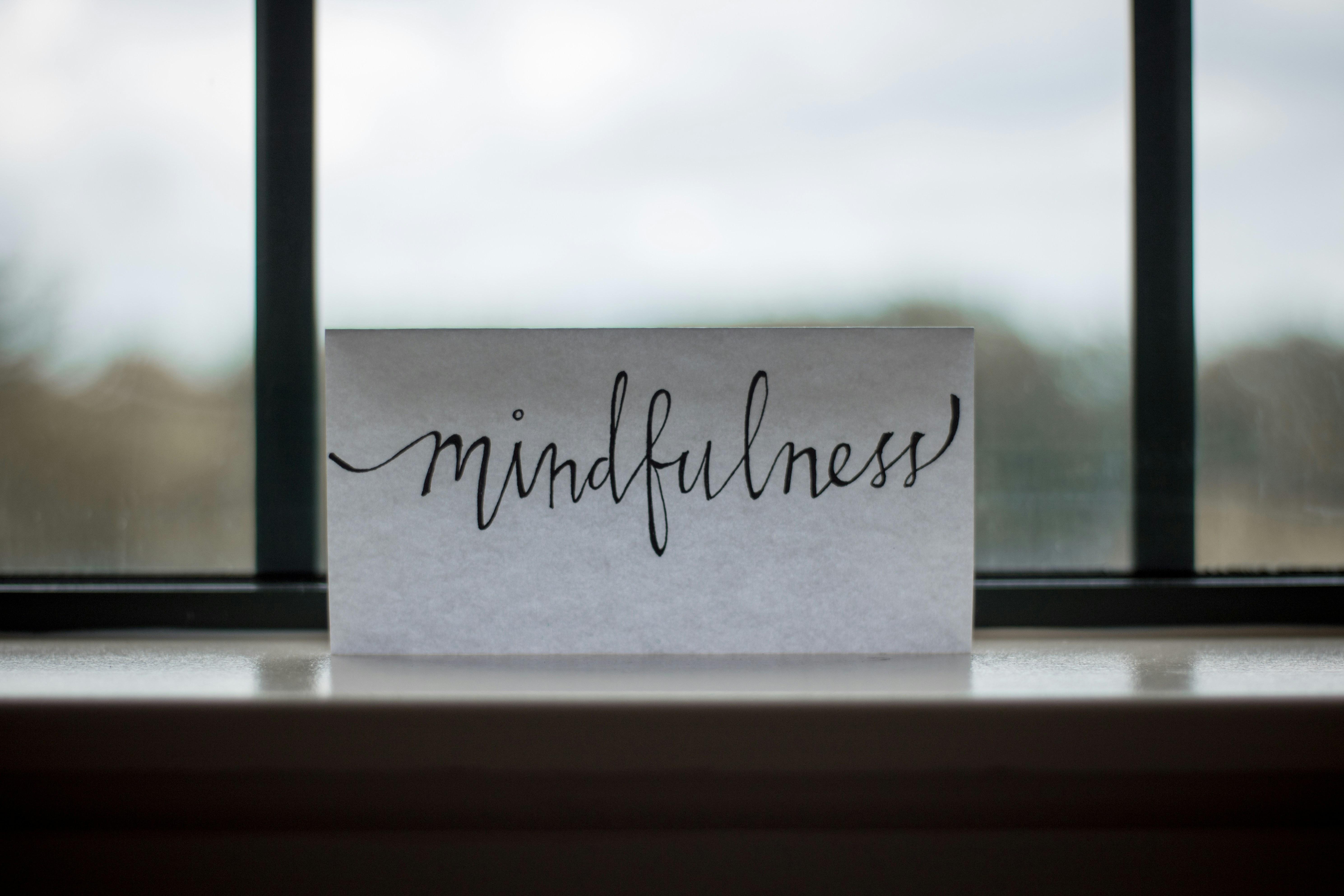In the bustling corridors of modern life, where the clatter of keyboards and the glow of screens dominate our daily rhythm, the quest for productivity has become almost a pursuit of legend. Many seek to harness the elusive flow of efficiency, often turning to unconventional methods in hopes of gaining an edge. Among these, meditation has emerged as a beacon of promise, claiming to sharpen focus and enhance performance. Yet, amid the swirling incense and the gentle hum of mindfulness, a question lingers: Does meditation truly possess the power to elevate our productivity, or is it merely a tranquil escape from the chaos? As we delve into the serene world of meditation, we explore its potential to transform not just our minds, but our work as well, examining whether this ancient practice can indeed hold sway over the demands of the modern workplace.
Exploring the Science Behind Meditation and Productivity
In recent years, meditation has emerged as a powerful tool for enhancing productivity, supported by a growing body of scientific research. At its core, meditation helps in fine-tuning the brain’s ability to focus and maintain attention. Neuroscientific studies have shown that regular meditation can increase gray matter in the brain, particularly in areas associated with memory, learning, and emotional regulation. This transformation can lead to improved concentration and a heightened ability to process information efficiently, which are key components in boosting productivity.
Moreover, meditation has been linked to reducing stress and anxiety, which are notorious productivity killers. By fostering a sense of calm and clarity, meditation enables individuals to approach tasks with a refreshed perspective. Here are some potential benefits of meditation that contribute to productivity:
- Enhanced focus and concentration: Meditation trains the mind to concentrate on a single task, reducing the tendency for distractions.
- Improved emotional resilience: Regular practice can help manage stress, leading to a more balanced emotional state.
- Better decision-making: With increased clarity and calmness, decision-making becomes more intuitive and effective.
- Boosted creativity: By clearing mental clutter, meditation can enhance creative thinking and problem-solving skills.

Uncovering the Psychological Benefits of Daily Mindfulness
Recent studies have delved into the surprising ways mindfulness can transform our mental landscapes, revealing a myriad of psychological benefits that extend far beyond stress reduction. Mindfulness meditation, a practice of focusing one’s awareness on the present moment, is proving to be a powerful tool in enhancing various cognitive functions. By fostering a non-judgmental awareness of our thoughts and emotions, this practice can lead to significant improvements in mental clarity and emotional resilience.
- Enhanced focus and concentration: Regular mindfulness practice can lead to better attention span and concentration, allowing individuals to manage tasks more effectively.
- Improved emotional regulation: By cultivating an awareness of emotions, practitioners often experience a greater ability to manage and respond to emotional challenges.
- Reduced anxiety and depression: The act of staying present helps to diminish the habitual overthinking that often fuels anxiety and depression.
- Increased self-awareness: Mindfulness encourages a deeper understanding of oneself, which can lead to more informed decision-making and improved interpersonal relationships.
These psychological enhancements contribute to a more productive mindset, where individuals are better equipped to navigate the demands of daily life with a calm and collected approach.

Practical Meditation Techniques to Enhance Workplace Efficiency
Incorporating meditation into your daily routine at work doesn’t require hours of practice or special settings. Mindful Breathing is a simple technique that can be done right at your desk. By focusing on your breath for just a few minutes, you can reduce stress and clear your mind, making you more attentive to tasks at hand. Similarly, Body Scanning helps in identifying tension in different parts of your body. Take a few moments to mentally scan from head to toe, acknowledging areas of discomfort, and consciously releasing tension.
- Visualization: Close your eyes and imagine a peaceful scene or a successful outcome of a project. This can foster a positive mindset and boost creativity.
- Walking Meditation: Use your breaks to practice mindfulness while walking. Focus on the sensation of your feet touching the ground and the rhythm of your steps.
- Five Senses Exercise: Engage each of your senses by noticing five things you can see, four you can touch, three you can hear, two you can smell, and one you can taste. This exercise grounds you in the present moment, enhancing focus and awareness.

Integrating Meditation into Your Daily Routine for Optimal Results
Incorporating meditation into your everyday life can be as simple as dedicating a few moments in the morning or during lunch breaks. The key is to find a consistent time that aligns with your schedule and stick to it. Start small, perhaps with just five minutes a day, and gradually increase the duration as you become more comfortable. Consider creating a serene space in your home or office where you can retreat for these mindful moments. This could be as simple as a cozy corner with a cushion, a plant, and some calming music.
- Morning Boost: Begin your day with a short meditation session to set a positive tone.
- Mindful Breaks: Use meditation to recharge during your lunch hour or between tasks.
- Evening Reflection: End your day with meditation to clear your mind and improve sleep quality.
For those with a hectic lifestyle, technology can be a helpful ally. Apps like Headspace or Calm offer guided sessions that can be easily integrated into your routine, allowing you to meditate wherever you are. By embedding these moments of stillness into your day, you not only nurture your mental well-being but also create a fertile ground for enhanced focus and productivity.
Wrapping Up
In the bustling symphony of modern life, where deadlines dance and to-do lists hum their relentless tune, the quest for enhanced productivity is a common pursuit. As we’ve journeyed through the insights and research surrounding meditation’s role in this quest, a tapestry of perspectives has unfolded. Meditation, with its gentle whispers of mindfulness and focus, offers a potential pathway to a more centered and efficient self. Yet, like any journey, the path to productivity is deeply personal, inviting each individual to explore and discover what resonates with their unique rhythm.
whether meditation serves as a powerful catalyst or a quiet companion on your productivity journey, it remains an invitation to pause, breathe, and reflect. As you navigate the ever-evolving landscape of tasks and ambitions, may the insights shared here inspire you to weave moments of mindfulness into your day, crafting a harmony that balances both the demands and the delights of life. So, as you step back into the world, consider the possibilities that lie within the stillness and embrace the potential of a more mindful productivity.
